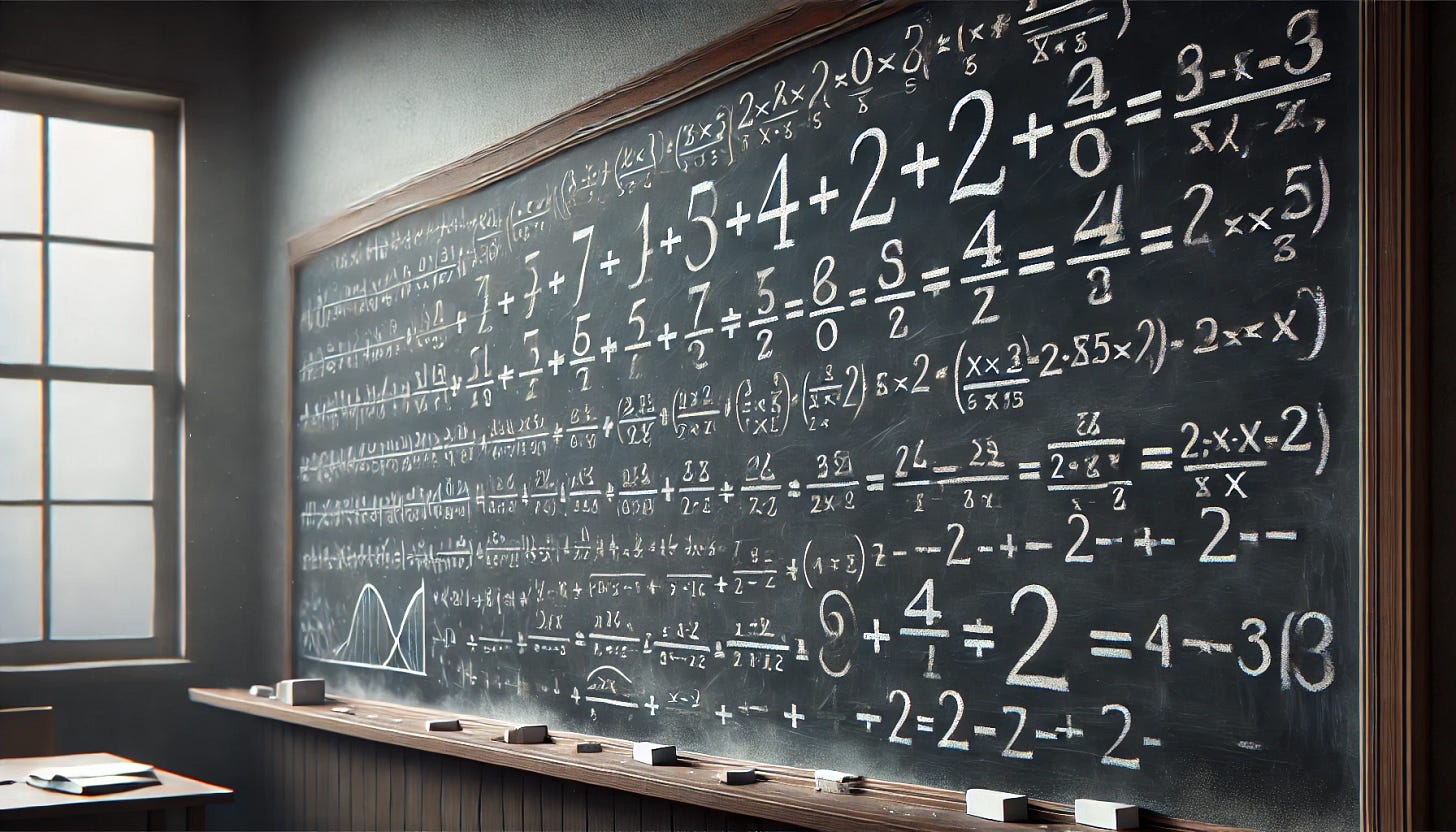Safe and Secure Password Generator
With security problems everywhere, I built the most secure password generator you will ever need. Free. This website cannot store any personal or sensitive information, ensuring maximum security for our users. No cookies, ads, or tracking at all.
30 of the most common passwords in North America:
123456
password
123456789
12345678
12345
1234567
admin
123123
qwerty
abc123
letmein
monkey
111111
password1
qwerty123
dragon
1234
baseball
iloveyou
trustno1
sunshine
princess
football
welcome
shadow
superman
michael
ninja
mustang
jessica
Using easy-to-guess passwords puts your online accounts and sensitive information at significant risk. Hackers often rely on techniques such as "brute force" attacks or "dictionary attacks" to crack passwords.
A brute force attack involves trying every possible combination of characters until the correct one is found, while a dictionary attack uses common words, names, and predictable patterns.
Passwords like "password123" or "qwerty" are especially vulnerable because they are widely used and easily identifiable in precompiled lists of guesses.
Additionally, personal information, such as birthdays or pet names, can be guessed based on public or stolen data, making these passwords even less secure.
A 20-character password with a random assortment of lowercase and uppercase letters, numbers, and symbols is practically unbreakable because of the astronomical number of possible combinations.
How Random Is This?
The randomness in the code comes from the Math.random() function. While this isn't "true randomness" (it’s pseudo-random), it’s more than sufficient for generating secure passwords for everyday purposes. Here's why:
Character Pool Size:
The pool has 26 uppercase + 26 lowercase + 10 numbers + 15 symbols, giving ~77 unique characters.
For a 20-character password, there are 77 to the 20th power = 7720
possible combinations, which is astronomically large.
Equals 77 to the power of 20 = 7720 = 53,680,246,747,375,952,479,747,683,856,888,021,201
Shuffling:
The shuffle step adds another layer of randomness, making it highly unlikely that the same password will repeat even if the generator is used many times.
Practical Repeat Probability:
Repeating the exact same password would require hitting an extremely unlikely combination of random numbers. For all practical purposes, the chance is negligible.




